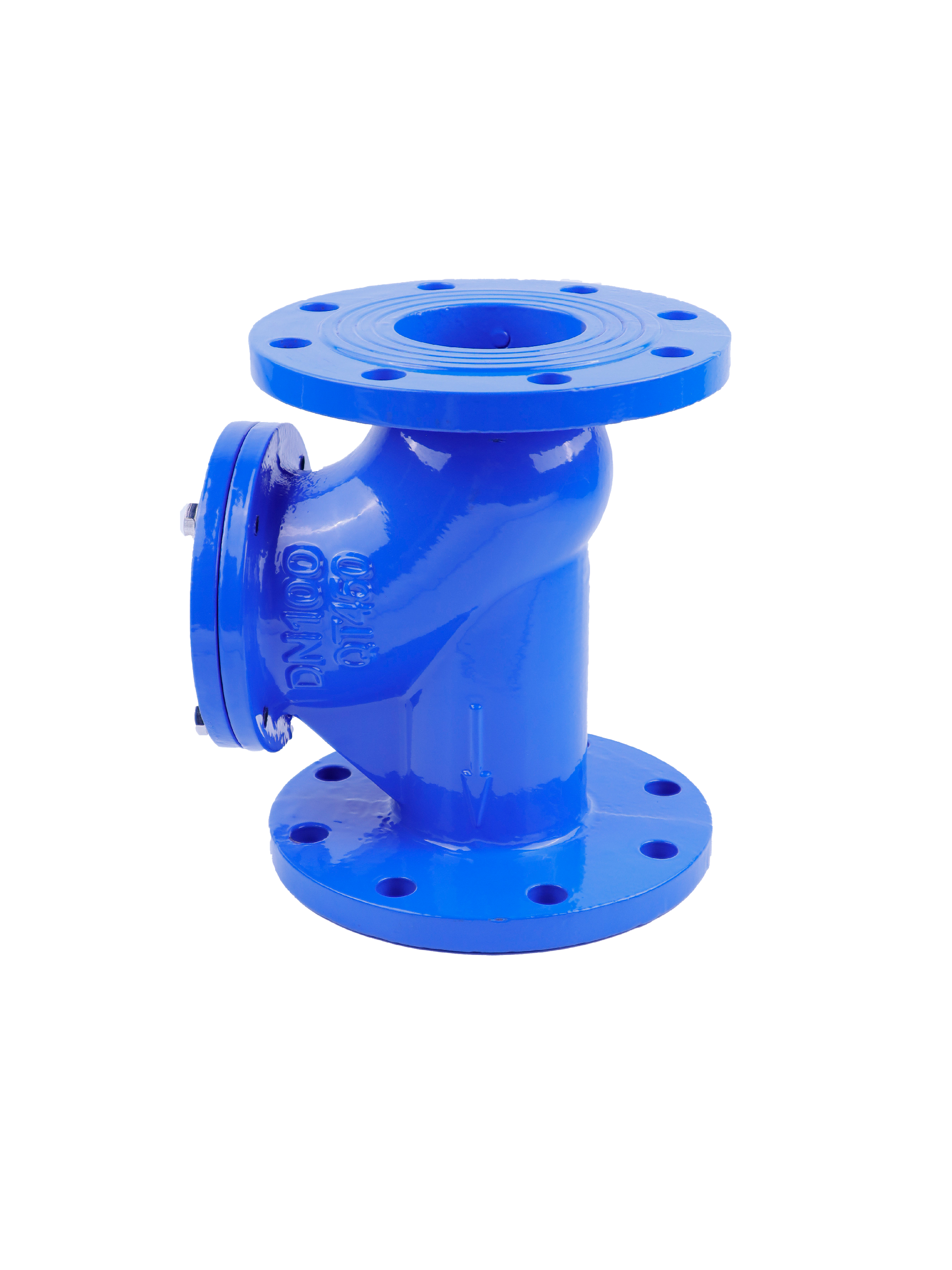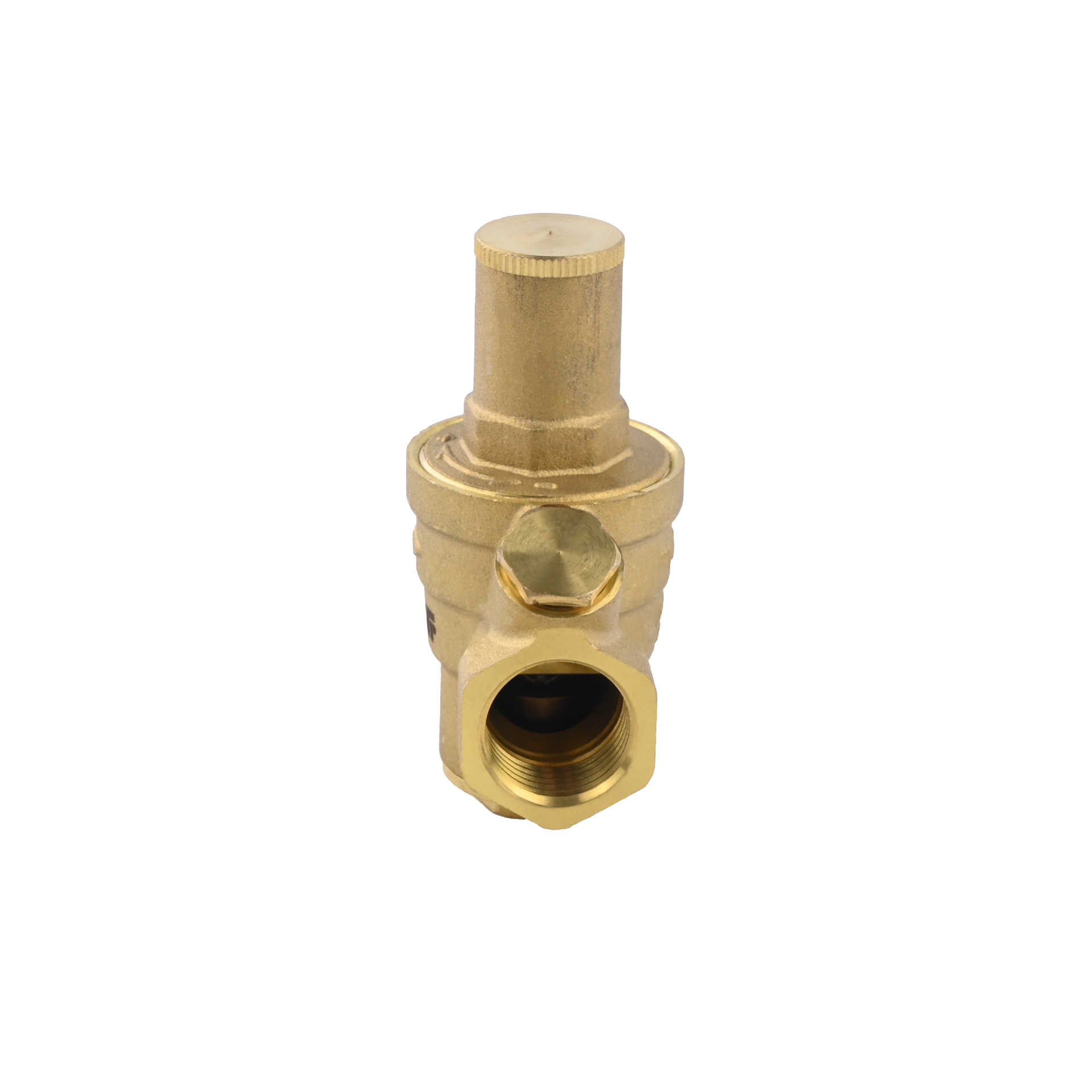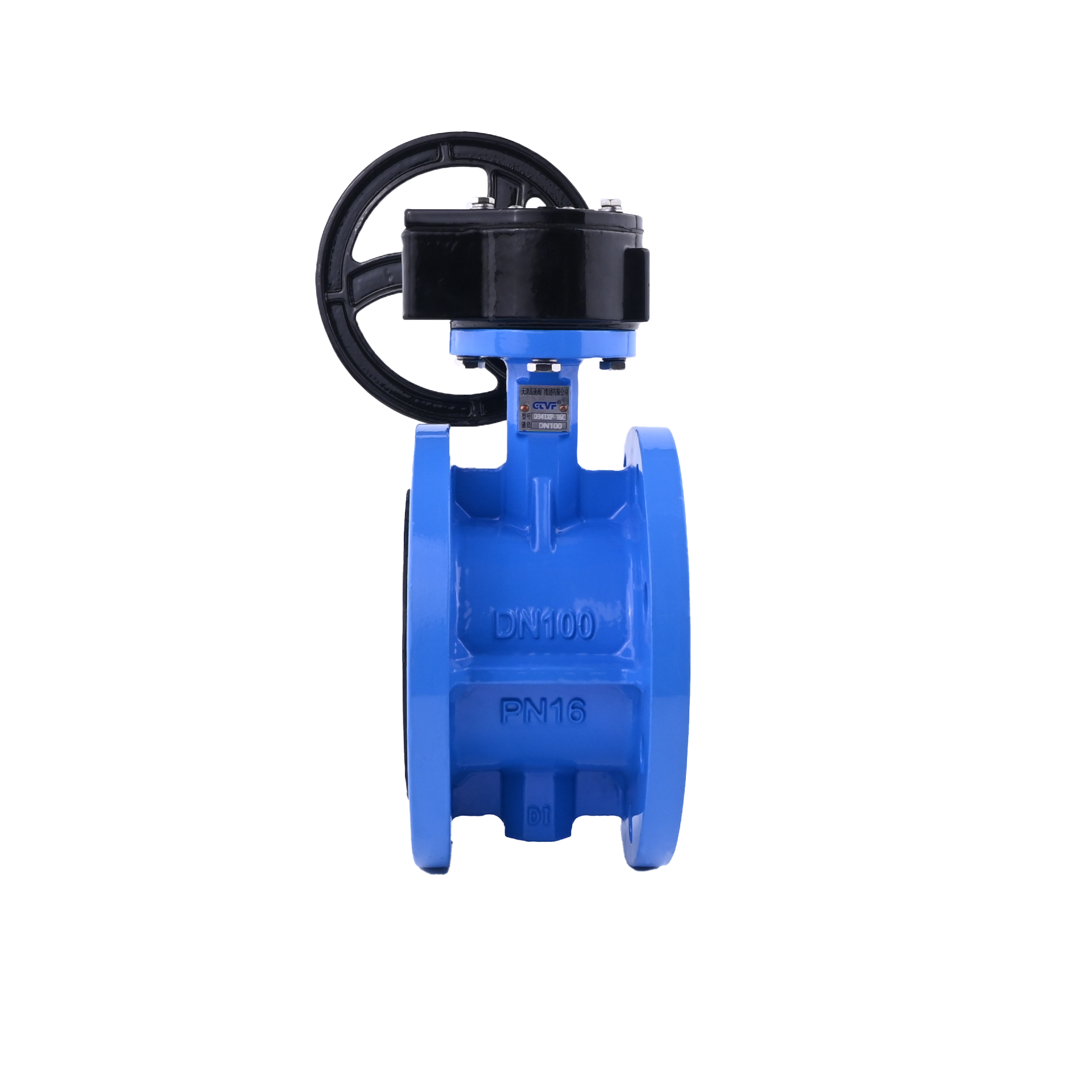Gate valve material from corrosion resistance, hardness and wear resistance, thermal stability, processing performance and other aspects of the impact on the sealing performance, together with the gate valve manufacturer to see.
First, metal material
1. Cast iron
Gray cast iron: low cost, easy to cast, but the texture is brittle, the sealing surface is subject to impact or vibration, easy to crack or damage, resulting in reduced sealing performance. If there is a certain pressure fluctuation in the water transmission pipeline, gray cast iron gate valve sealing surface may be damaged by frequent impact.
Ductile iron: compared with gray cast iron, the strength and toughness are greatly improved, which can better withstand the external impact, reduce the risk of damage caused by the impact of the sealing surface, and the sealing reliability is higher. It is often used in urban water supply systems to ensure stable sealing performance.
2. Cast steel
Carbon steel: good comprehensive mechanical properties, can withstand high pressure. However, in some corrosive media environment, it is easy to rust corrosion, so that the sealing surface is damaged, affecting the sealing effect. For example, in steam pipelines containing trace amounts of corrosive gases, anti-corrosion measures should be taken to maintain sealing performance.
Alloy steel: Stable performance under high temperature, high pressure and strong corrosion environment. Its good creep resistance can ensure that the sealing surface of the gate valve does not deform and maintains good sealing performance under high temperature and high pressure conditions. Like high temperature and high pressure pipelines in petrochemical industry, alloy steel gate valves can effectively ensure sealing.
3. Stainless steel
304 stainless steel: strong corrosion resistance, can prevent the sealing surface damage caused by corrosion, and can maintain good sealing performance in the general corrosion environment for a long time. For example, it is widely used in water and material conveying pipelines in the food processing industry.
316 stainless steel: Better corrosion resistance, especially chloride corrosion resistance. 316 stainless steel gate valves can avoid sealing failure caused by chloride corrosion and ensure sealing performance in Marine environments or chemical medium pipelines containing chloride ions.
4. Copper alloy
Brass: has good corrosion resistance and processing properties, can process high precision sealing surface, initial sealing performance is good. However, the hardness is relatively low, and the sealing surface is easy to wear under frequent opening and closing or medium erosion, which affects the long-term sealing performance. A low-temperature water system commonly used in building water supply and drainage.
Bronze: high strength and hardness, wear resistance, corrosion resistance, sealing surface can withstand a certain degree of wear and corrosion, maintain good sealing performance. It is suitable for Marine water pipes and other situations with high sealing requirements and corrosion risk.
Second, non-metal material
1. Plastic
PVC: strong acid and alkali corrosion resistance, but poor thermal stability, in the high temperature environment, the material is easy to soften and deform, resulting in the sealing surface is not tight, and the sealing performance is reduced. It is commonly used in acid and alkali liquid conveying pipelines at normal temperature.
PP: high temperature resistance is better than PVC, can still maintain good shape stability at higher temperatures, sealing performance is relatively more stable. It can be used for some corrosive media with slightly higher temperature, but its expansion coefficient is larger at high temperature, and the effect of thermal expansion and cold contraction on the sealing performance should be considered.
PE: Good flexibility, can adapt to a certain degree of pipeline deformation, strong adaptability to the sealing surface. However, the hardness is low, and when it is scratched by sharp objects, it is easy to destroy the sealing surface and affect the sealing effect. It is often used in low pressure gas transmission and water supply pipelines.
2. Ceramics
Ceramic material has high hardness, strong corrosion resistance, can resist strong corrosive media erosion and high-speed fluid erosion, sealing surface is not easy to be corroded and worn, and can maintain excellent sealing performance for a long time. However, the ceramic is brittle, and if the installation and use process is affected by a large external force, the sealing surface is easy to break, resulting in seal failure. It is often used in chemical industry, mining and other harsh conditions with high corrosion and high wear.







